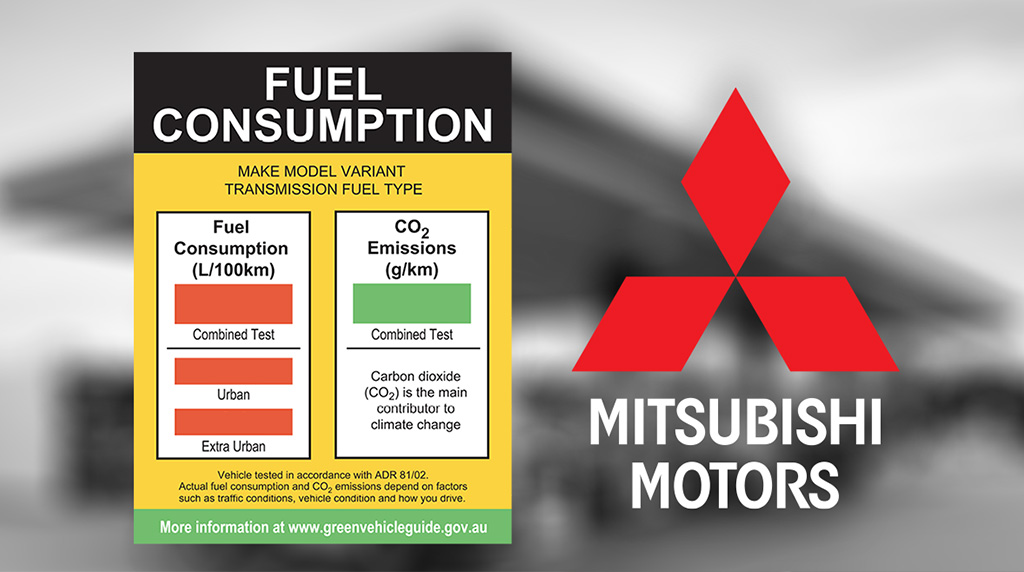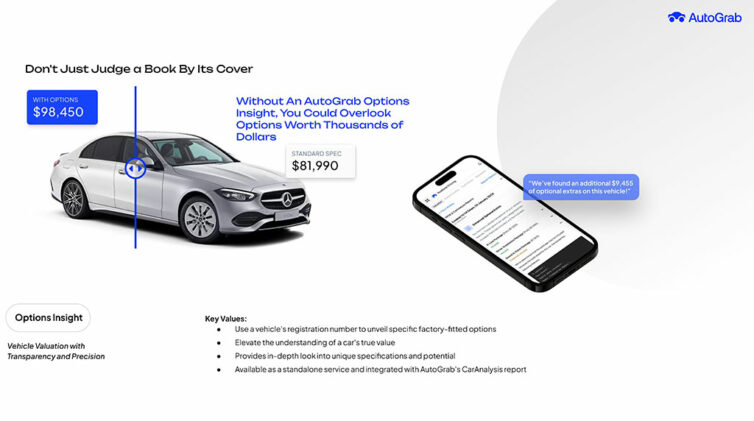In August 2022 the Victorian Court of Appeal agreed with a previous hearing that MMAL and one of its dealers engaged in misleading or deceptive conduct over a fuel label which was required by law to be affixed to the windscreen of a 2016 Triton. The Triton was sold to a motorist who said he could not match the economy claimed on the label.
The case has also sparked a class action against MMAL.
MMAL argued before the Victorian appeal justices that all it was doing was following the procedures laid down in the Motor Vehicle Standards Act.
But the appeal justices said that there was nothing in the Act that required MMAL to proceed with the sale if the label was not an accurate representation of the consumption drivers could expect in that it knew the label was being used by consumers as a benchmark of the Triton’s fuel use.
The issue raises once again the dichotomy between test results from a prescribed driving cycle in an engineering laboratory and so-called real world fuel consumption achieved by a whole host of different car owners which can vary dramatically. Driving style can vary consumption by 30 per cent.
The case highlights that the fuel labelling results are not so much an indication of the true fuel consumption of the vehicle on the road, but are more a point of comparison between competitive vehicles that have been tested in exactly the same environment using exactly the same driving cycle. The testing is the constant by which competitive models are judged.
MMAL told GoAutoNews Premium in December 2021 that the case “is without foundation” and it “will respond accordingly.”
“Importantly, Mitsubishi Motors has full confidence in the accuracy of its fuel consumption testing, which is conducted in an accredited laboratory,” MMAL said.
“There are very specific government regulations that mandate how this testing is undertaken and how the result is displayed on the fuel consumption label of all new vehicles, with which Mitsubishi fully complies,” MMAL said.
The case dates back to 2019, when the Victorian Consumer Arbitration Tribunal (VCAT) ordered that MMAL refund the Triton owner, Zelko Begovic, the sum of $39,500 because he said the fuel consumption figure on the windscreen sticker – legally required and with data based on Australian Design Rules 81/02 – of his (then) new car was not achievable.
VCAT in 2019 heard that Mr Begovic’s Triton was using 27 per cent more fuel than the label stated.
The core of the issue in the case and the subsequent class action is simply that under the Australian Consumer Law the buyers of the Tritons were misled or deceived.
As previously reported by GoAutoNews Premium, a leading automotive industry legal specialist said that a claim of misleading or deceptive conduct under the ACL “does not need a demonstration that the party making the impugned representation (Mitsubishi) knew that it was misleading or deceptive or that there was any intention to deceive.
“If Mitsubishi is found liable, it just may mean that it will have a cause of action against the body issuing the consumption figures,” he said.
In June 2021 GoAutoNews Premium approached MMAL for comment.
MMAL responded with: “Mitsubishi Motors Australia Limited takes its obligation to comply with the law very seriously.
“We were pleased to see that there is no suggestion that Mitsubishi Motors did anything other than to comply with the law when conducting the government-mandated fuel consumption tests it depends upon to publish like-for-like consumer comparison data on the government-mandated fuel consumption labels.”
The VCAT decision was based on the ACL and that Mr Begovic was entitled to reject the Triton because it was not of acceptable quality; it did not correspond with its description; and that the fuel figure was not as Mr Begovic expected.
The Supreme Court of Victoria later found there was no suggestion that MMAL had intentionally misled or deceived Mr Begovic.
However, the court found MMAL had misled Mr Begovic because the fuel consumption results on the label could not be replicated by Mr Begovic.
By John Mellor














 Read More: Related articles
Read More: Related articles

